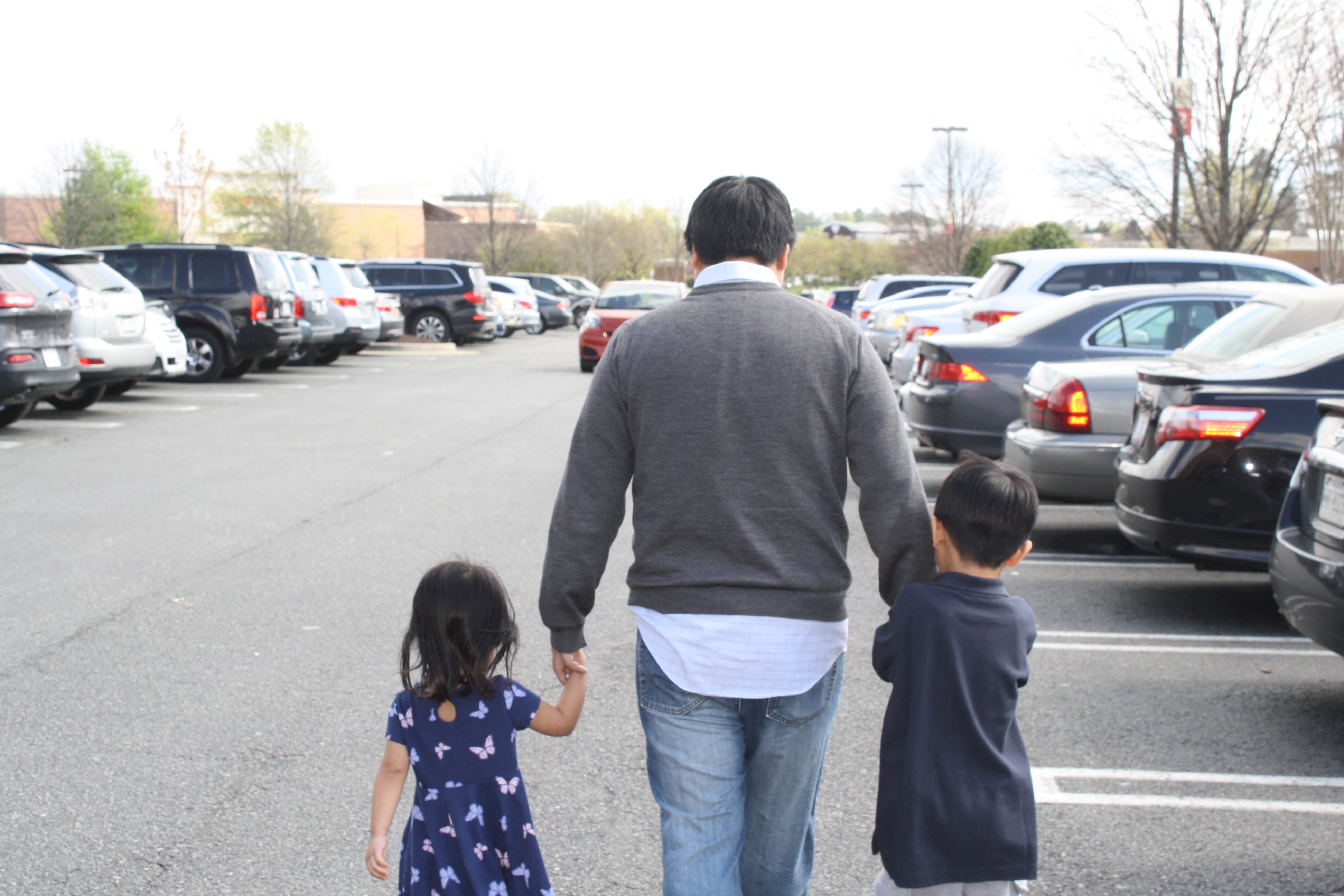Why You Shouldn't Say, 'Let Me Know If You Need Help' to a Person Battling Cancer
I kept a regular CaringBridge blog during the last year of my husband Dan’s cancer journey. He passed away from the disease in November 2017. He was supportive and appreciative of my blog updates because it was a relief to not have to update everyone on his many treatments.
Through all of that time, there was only once when he requested that I write about a specific topic. It had actually been on both of our minds for quite some time. I withheld writing about this particular topic for the longest time though, because I was afraid of sounding ungrateful or whiny.
During Dan’s two years of battling cancer, we had been the recipients of incredible help and support. We knew how much words mattered when people came to us with offers to help. Ironically, however, we quickly realized the words that were not helpful at all. What were they?
Let me know if you need help.
For us, these were the least helpful words that anyone could ever say to someone going through cancer or another serious illness.
Obviously we needed help.
However, when people asked us to ask them for help, they were putting the ball in our court; and the last thing we needed were more balls in our court. We didn’t want to think. We didn’t want to make anymore decisions. We didn’t want to ask for anything. Asking for anything made us feel pathetic and we didn’t want to feel that way. We turned down 100 percent of the help that was offered to us in this way. One hundred percent.
It’s funny because it was probably the number one offer we got. If you think about it, it’s like a reflex for people to say, “let me know if you need help.” But what it ends up doing is adding more tasks to what already feels like an endless to-do list, which was the exact opposite of what we needed.
We didn’t want anyone who had said this to us before to feel guilty for offering. Believe me, I had said it a thousand times to others my entire life. It wasn’t until cancer that I realized it was the wrong way. Even if my intent was always to be helpful, I realized it wasn’t actually helpful at all. I don’t think anyone I ever said it to ever responded with any specific requests for me to help.
It wasn’t until we started to receive the offer multiple times a day that we understood why it wasn’t helpful at all.
So what is helpful? Offering specific things that you think of on your own because, I repeat, we didn’t want to think. And then, in the words of Nike, Just Do It.
Here is a list of some real offers that we accepted every time.
- You don’t need my prayers. You need me to mow your lawn.
- I am free on Friday. I will come and hang with you and/or your kids so you can relax.
- I’m near the hospital so I’ll bring you a sandwich.
- You sound sad. I am going to tell you a funny joke/story/anecdote.
Remember, help doesn’t have to be big.
It doesn’t have to be anything that takes more than one second. It can be as simple as saying something to make someone laugh. Dan loved when people shared funny work or kid stories, anything other than cancer.

The person you’re offering help to may say, “no.” But it’s so much easier for them to say, “yes,” or, “no,” than it is for them to wrack their brain to think about what they need, or feel too awkward to actually ask anybody to do for them.
Even to this day knowing what I know now, I still find myself starting phrases with, “let me know…” but now I always try to back it up with a specific offer.
Photo submitted by contributor.

